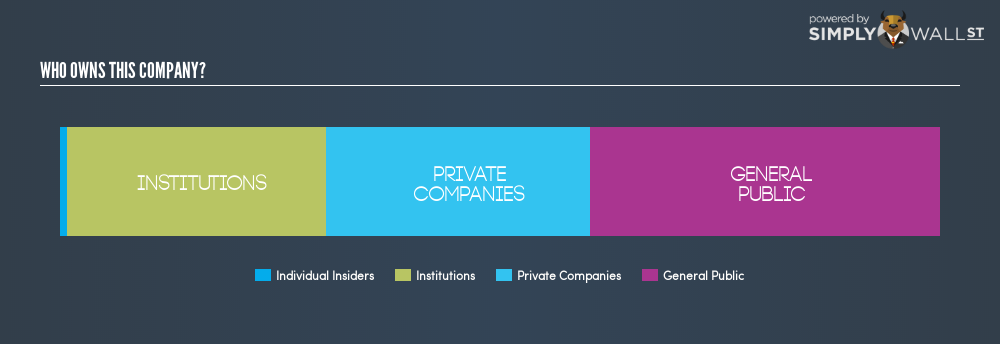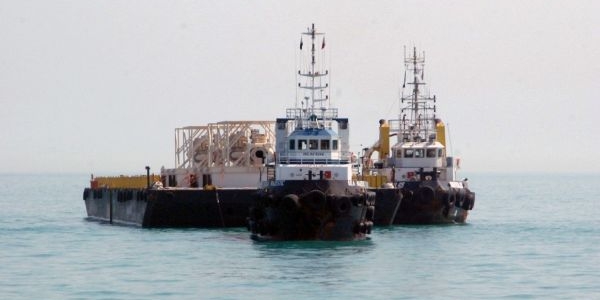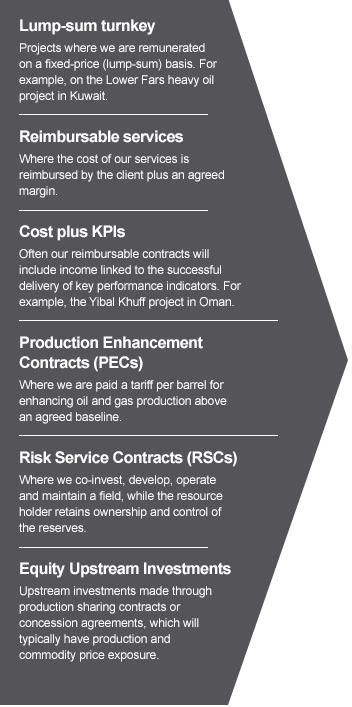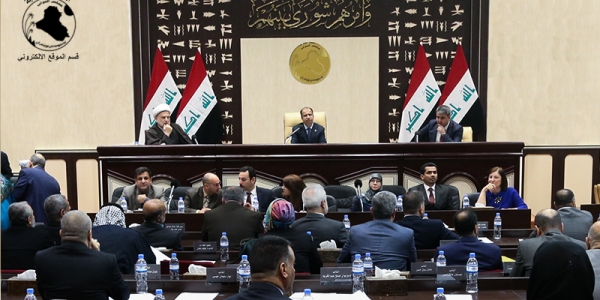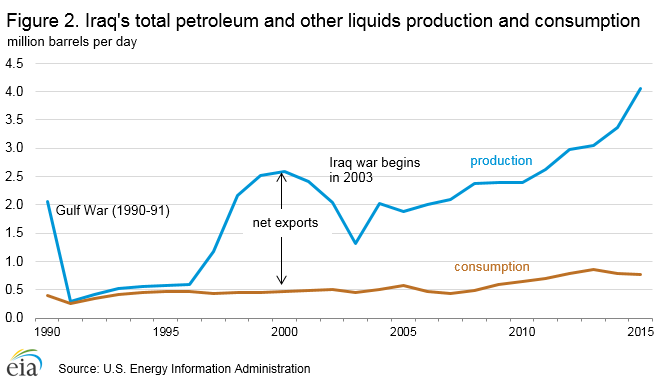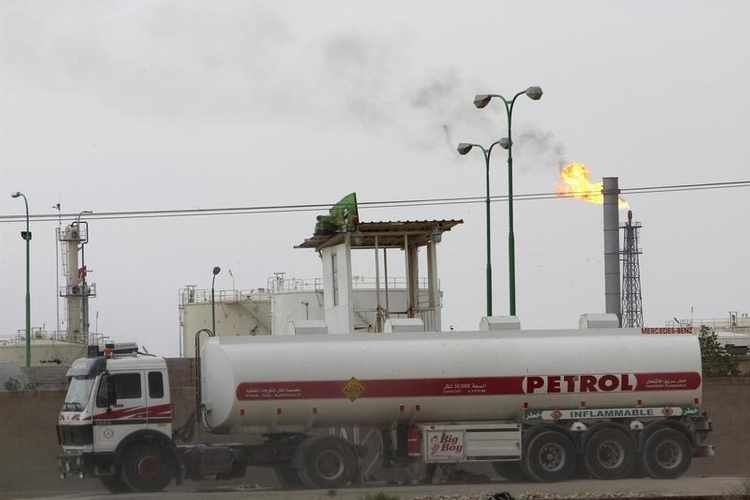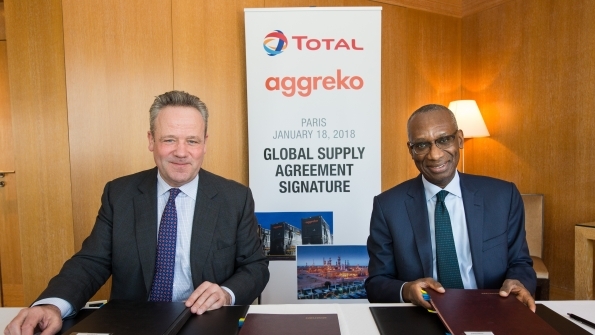Shares in Genel Energy were trading up more than 5 percent on Wednesday as the company issued a trading and operations update in respect of Q3 2018. The information contained herein has not been audited and may be subject to further review.
Murat Özgül (pictured), Chief Executive of Genel, said:
“Genel continues to rapidly increase both production and cash, and is now in a net cash position. Peshkabir is once again exceeding expectations, and drilling on the Taq Taq and Tawke fields provides the potential for working interest production to continue to grow.
“This can further increase our already material free cash flow generation. With notable opportunities in the portfolio, Genel is well positioned to generate significant shareholder value.“
FINANCIAL PERFORMANCE
- $236 million of cash proceeds received as of 30 September 2018, of which $85 million was received in Q3
- Free cash flow of $119 million in the first nine months of 2018 ($70 million in H1 2018), with capital expenditure of $62 million
- Cash of $281 million at 30 September 2018 ($233 million at 30 June 2018)
- Net debt of $16 million at 30 September 2018 ($64 million at 30 June 2018)
- Post period end, the receipt of $32 million relating to July 2018 exports means that Genel is now in a net cash position
Q3 2018 OPERATING PERFORMANCE
- 2018 net production averaged 32,600 bopd as at 30 September 2018, with Q3 averaging 33,700 bopd
- Production and sales by asset during Q3 2018was as follows:
| (bopd) | Export via pipeline | Refinery sales | Total sales | Total production | Genel net production |
| Taq Taq | 12,240 | 0 | 12,240 | 12,230 | 5,380 |
| Tawke PSC | 113,450 | 0 | 113,450 | 113,090 | 28,270 |
| Total | 125,690 | 0 | 125,690 | 125,320 | 33,650 |
Note: Difference between production and sales relates to inventory movements
- Tawke PSC (Genel 25% working interest)
- Tawke PSC production averaged 113,100 bopd in Q3 2018, including a contribution of 29,700 bopd from the Peshkabir field
- Following the successful results of the Peshkabir-7 well, current production from the Peshkabir field is c.50,000 bopd
- Current production from the Tawke field is just over 80,000 bopd
- Drilling activity at the Tawke field has recommenced
- The Tawke-50 shallow Jeribe well has been drilled to a depth of 320 metres will be brought on production within several days
- The Tawke-49 Cretaceous well is drilling ahead and will be completed later this month
- Two additional Tawke wells, one each in the Jeribe and the Cretaceous, will be drilled by the end of the year
- Drilling activity continues at Peshkabir
- Peshkabir-6 has established a deeper Cretaceous oil/water contact level than previously estimated. Further testing is underway, including test production of multiple producing zones
- The Peshkabir-8 well, spud in late August, is drilling ahead. Once completed, the rig will move to spud Peshkabir-9 in November
- A central processing facility at Peshkabir is set to be commissioned by the end of 2018, which will have a capacity of up to 50,000 bopd, ensuring that production remains unconstrained by surface facilities
- Production from Peshkabir is highly cash-generative to Genel, with every 10,000 bopd increase in gross field production adding over $2 million to the Company’s monthly free cash flow
- Taq Taq PSC (Genel 44% working interest and joint operator)
- Taq Taq field production averaged 12,200 bopd in Q3 2018
- Current production from the Taq Taq field is c.12,000 bopd
- With production at the field having stabilised, the five well programme, which aims to increase total production, is now underway
- The TT-32 well, located to the north-west of the successful TT-29w well on the northern flank of the field, has now spud
- The well is expected to be on production by the end of 2018, and the rig will then move on to drilling locations on the western and southern flanks of the field
- Bina Bawi and Miran (Genel 100% and operator)
- Field development plan (‘FDP’) submitted to Ministry of Natural Resources (‘MNR’) regarding the 34 MMbbls of 2C light oil at Bina Bawi, with the FDP for the Bina Bawi gas development well advanced and set to be added to this submission shortly. The submission will enable completion of the discussions with the MNR in relation to the optimisation of value creation from Bina Bawi
- A field development plan regarding Miran is on track to be submitted to the MNR around the end of the year
- African exploration
- Onshore Somaliland, seismic processing is now nearing completion, and preliminary analysis and interpretation is underway. A prospect inventory will then be developed, with the potential to spud a well around the end of 2019
- On the Sidi Moussa block offshore Morocco (Genel 75% working interest, operator), over 2,000 km2 of 3D seismic has now been acquired, c.60% of the total. Acquisition is set to complete in November, with data processing to follow in 2019
OUTLOOK AND 2018 GUIDANCE
- Average net production for 2018 expected to be slightly above guidance of c.32,800 bopd, with exit rate production at the end of the yearforecastto be considerably higher than this figure
- The uplift in production at Peshkabir in Q3 will lead to record cash receipts in Q4, with ongoing strong free cash flow generation
- Capital expenditure for 2018 is expected to be towards the bottom end of the previously stated $95-125 million guidance range
- Operating expenditure for 2018 expected to be c.$25 million, lower than previous guidance of c.$30 million
- The positive results from wells at Peshkabir are expected to lead to a material increase in proven and probable reserves
(Source: Genel Energy)

